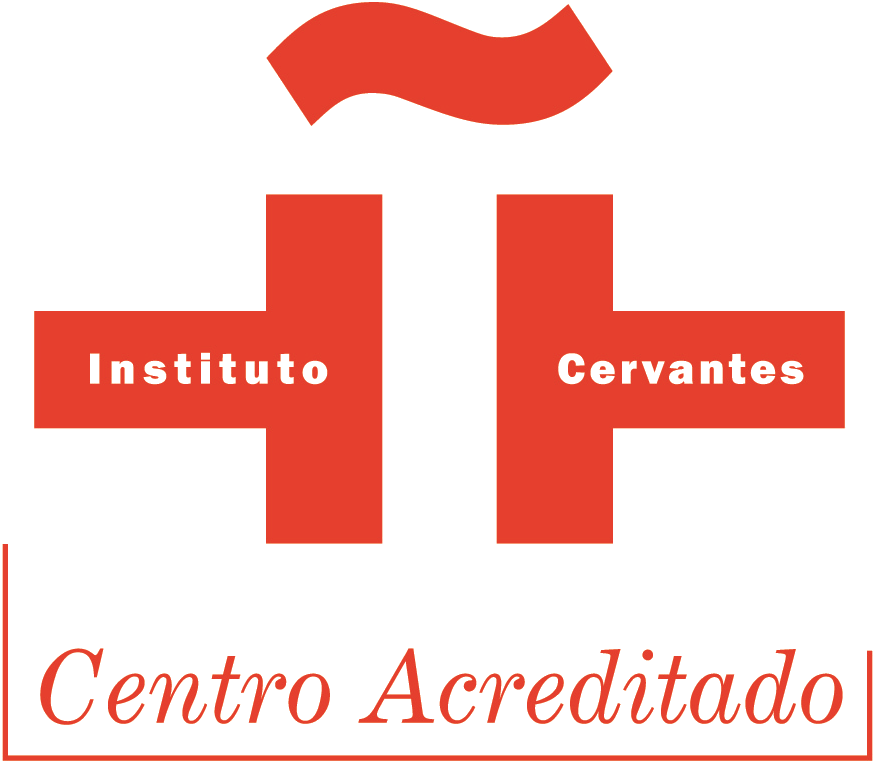Teaching staff
Colegio Ibérico was founded and is managed by Spanish-as-a-foreign-language teachers.
Colegio Ibérico has a team of permanent, full-time teachers, some of which have been with us for over 15 years.
All of our teaching staff are university graduates, specialising in teaching Spanish as a foreign language.
All of our teaching staff regularly participate in teacher training courses and in the development of educational material.
Our team has created teaching syllabuses which have been used in other Spanish learning centres around the world.
Methodology
Our course syllabuses are based on the common European frame of reference and the Cervantes Institute curriculum.
Levels
Our language levels follow those established by the European Council’s common European frame of reference for languages.
The common European frame of reference for languages; learning, teaching, assessment, has been set out by experts in applied linguistics and teaching from the 41 member states of the European Council.
A1
Can understand and use familiar everyday expressions and very basic phrases aimed at the satisfaction of needs of a concrete type. Can introduce him / herself and others and can ask and answer questions about personal details such as where he / she lives, he he/she knows and things he / she has. Can interact in a simple way provided the other person talks slowly and clearly and is prepared to help.
A2
Can understand sentences and frequently used expressions related to areas of most immediate relevance (e.g. very basic personal and family information, shopping, local geography, employment). Can communicate in simple and routine tasks requiring a simple and direct exchange of information on familiar and routine matters. Can describe in simple terms aspects of his / her background, immediate environment and matters in areas of immediate need.
B1
Can understand the main points of clear standard input on familiar matters regularly encountered in work, school, leisure, etc. Can deal with most situations likely to arise whilst travelling in an area where the language is spoken. Can produce simple connected text on topics which are familiar or of personal interest. Can describe experiences and events, dreams, hopes and ambitions and briefly give reasons and explanations for opinions and plans.
B2
Can understand the main ideas of complex text on both concrete and abstract topics, including technical discussions in his / her field of specialisation. Can interact with a degree of fluency and spontaneity that makes regular interaction with native speakers quite possible without strain for either party. Can produce clear, detailed text on a wide range of subjects and explain a viewpoint on a topical issue giving the advantages and disadvantages of various options.
C1
Can understand a Wide range of demanding, longer texts, and recognise implicit meaning. Can express him / herself fluently and spontaneously without much obvious searching for expressions. Can use language flexibly and effectively for social, academic and professional purposes. Can produce clear, well-structured, detailed text on complex subjects, showing controlled use of organisational patterns, connectors and cohesive devices.
C2
Can understand with ease virtually heard or read. Can summarise information from different spoken and written sources, reconstructing arguments and accounts in a coherent presentation. Can express him / herself spontaneously, very fluently and precisely, differentiating finer shades of meaning even in more complex situations.




